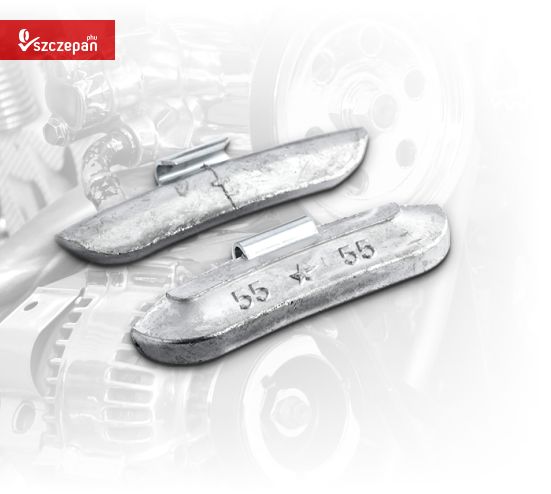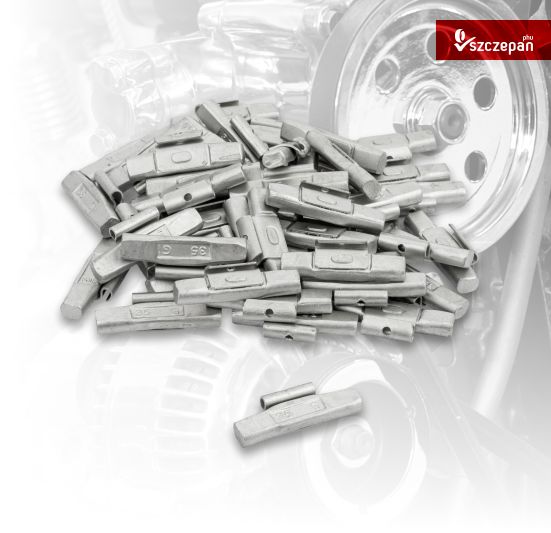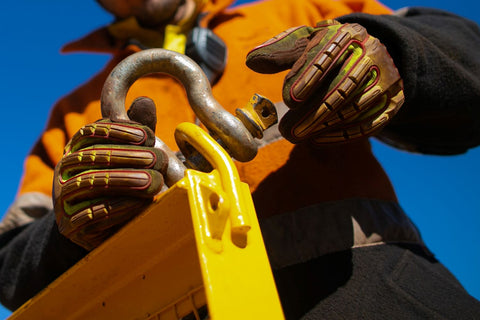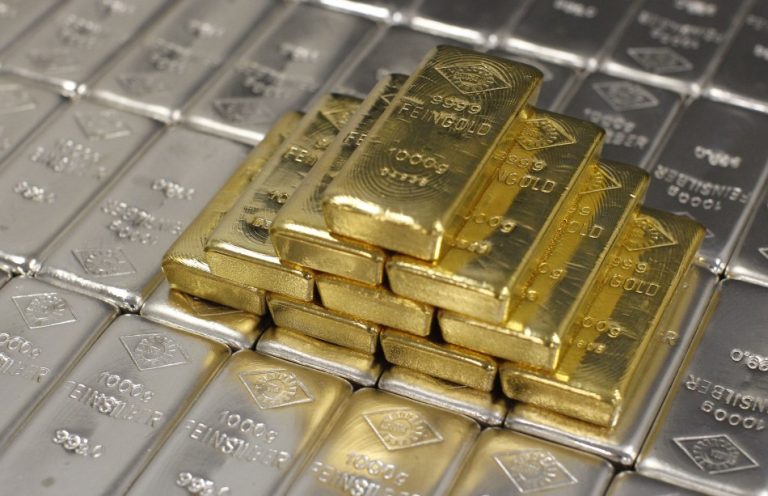Different types of clip-on weights How to choose tyre service and car repair tools
How to choose clip-on weights? How do their different types differ? Which hammer weights will be best for you? You will learn from this article.
Clip-on weights – for what applications?
Clip-on weights can be used for:
- aluminum rims,
- steel rims
Clip-on weights – what material?
Weights of this type can be made of one of the following materials:
- zinc
- steel
- lead
- plastic and steel
A trivia!
Plastic-steel weights practically do not exist in Europe. These weights are extremely popular, for example, in Canada.

Lead weights
Lead is a material that is appreciated by most tyre service pros, as it is easy to put onto the rim. It is very flexible, so it fits very well to the rim. In addition, lead is also extremely resistant to weather conditions. Neither salt nor water would ever affect lead weights.
Cheap lead weights
Many tyre bay owners choose lead weights because they are demonstrably cheaper than their competitors.
So as you can see, the prices are quite attractive. Why is it like that? The difference is due to the technology of the procedure. Lead requires lower temperature so it takes less electricity for that material to get melted down. In addition, let’s remember that lead components have been used in the automotive industry for many years, so the purchase of machines for the production of lead weights is also cheaper.
Lead weights banned in the EU?
From 1 July 2005, the use of lead weights is prohibited in the European Union countries. The ban applies under Regulation 2005/673 / EC, according to which in passenger cars (with a maximum permissible weight not exceeding 3.5 tons), weights containing lead cannot be used. It is, of course, about environmental protection – lead is a material harmful to health and nature.
In our country (Poland) this provision does not really apply. That is – the aforementioned EU directive describes what the law should look like in individual countries. Meanwhile – in Poland, one of the laws mentions the ban on the use of lead, also in the form of weights on rims. At the same time, another act specifies that rim weights are not covered by this ban.
Unfortunately, problems may arise when Poles are going abroad. Traffic police in countries such as Slovakia very often check the type of weights mounted on the wheels of cars with Polish registration. On the Internet, you can easily find statements of people who received a ticket because of the use of lead weights. And remember that penalties are calculated in Euro!
What does this mean for you?
Check your local regulations. If so far you have been buying lead weights and punching such customers, it is also worth taking an interest in weights made of other materials. This is especially important in the summer – after all, many Poles go to Slovakia itself, or pass through this country on their way to Croatia.
And by telling your customer about lead weights, you show that you are thinking about them. And his needs. This is very important from the driver’s perspective. Thanks to this, you look like a professional in his eyes. This may encourage many to visit you again.
Wheel weights made of zinc
Zinc weights can be an environmentally friendly alternative. In fact, they retain the same advantages that “lead” had. First of all, zinc weights stick as easily as lead ones. Remember that zinc has practically the same density and plasticity as lead. Thanks to this, it has very similar properties to lead.
Zinc is also a much better alternative to lead as it can be used throughout the European Union. It is therefore worth making a larger supply of zinc weights – it will allow you to load these weights to each customer without fear.

Zinc weights – any other reasons?
The fact that the zinc weights can be used without problems throughout Europe is certainly important. However, it is worth remembering that zinc weights for steel rims also have other advantages. Here are a few of them.
- Corrosion resistance is another advantage. Zinc is a very strong material. Even though it is very soft.
- Scratch resistance. Zinc weights are very resistant to all kinds of scratches. And much more than weights made of steel, for example.
Wheel counterweights made of steel – are they a good alternative?
Steel is a kind of compromise between lead and zinc. Rim weights made of this material are a bit cheaper than zinc. At the same time, studded steel weights can be used on the roads of the entire European Union. Steel is not a harmful material like lead, so it can be used anywhere.




